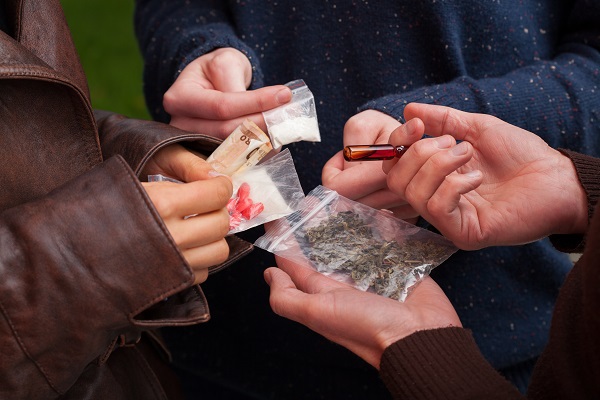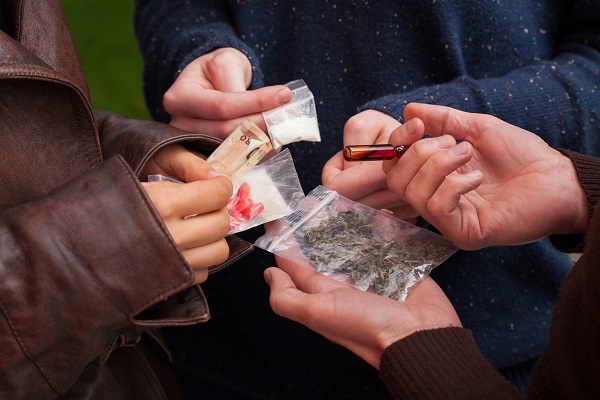Charged with Aiding and Abetting or Being an Accessory? Your Next Steps
People accused of helping someone commit a crime fall into two categories: aiders and abettors, and accessories. If you have been charged with either aiding and abetting a crime or being an accessory, you probably have questions about these legal terms. An aiding and abetting charge means that prosecutors think the accused encouraged someone to commit a crime or advised him or her in its commission. To prove these charges, the prosecution must show that the aider and abettor acted with criminal intent or that he or she had knowledge of the person who committed the crime’s criminal intent. In other words,...
Continue reading










